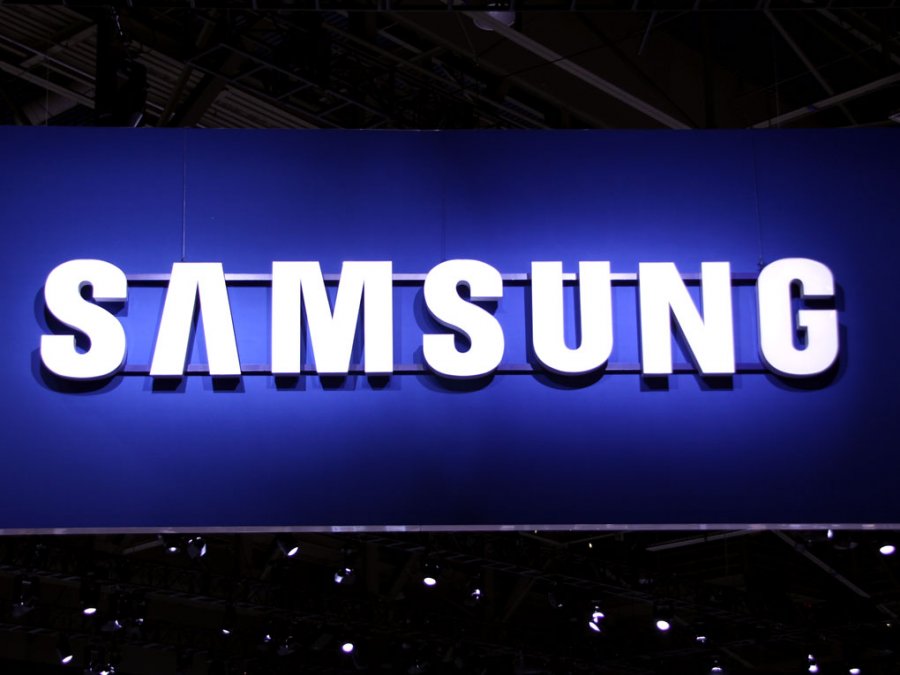On the heels of its ‘debilitating’ third quarter estimates, Samsung boasted that losses due to Galaxy Note 7 shutdown were balanced out by the rapidly growing chip business. Well, to further bolster its sales and profits, the Korean giant has today announced that it is starting mass-production of its new processor chips.
Samsung continues to boast that it is the first one in the industry to develop chips using 10-nanometer FinFET technology on a massive scale. The internal structure and performance standards of the 10nm chips varies greatly when compared to the previous 14nm chips.
The new 10nm chip adopts a more advanced 3D transistor structure with additional enhancements in both process technology and design enablement. This resulted in a 30 per cent increase in number of chips per wafer, a 27 per cent increase in performance efficiency and a 40 per cent reduction in energy consumption.
Samsung further goes on to explain that it has applied triple-patterning, which means that the company drew the pattern on the wafer thrice before cutting. This allows them to attain even more precision while manufacturing smaller chips and also allows bi-directional routing to help overcome scaling limitations.
Commenting on the commencement of mass-production of chips, Jong Shik Yoon, Executive VP and head of foundry business at Samsung says,
The industry’s first mass production of 10nm FinFET technology demonstrates our leadership in advanced process technology. We will continue our efforts to innovate scaling technologies and provide differentiated total solutions to our customers.
In addition, Samsung adds that though it is introducing its first-gen 10nm chip manufacturing process, it will further work on its improvement to launch commercial products(ahem! Galaxy S8!) by second half of 2017. The Korean giant also plans to work in ocllaboration with customers and partners to cultivate a robust 10nm foundry ecosystem that includes reference flow verification, IPs and libraries.
If you’re unaware, Samsung has long-standing relations with American semiconductor giant Qualcomm, and currently manufactures the wildly popular Snapdragon 820 SoC. The two tech behemoths are expected to further strengthen their relation with Qualcomm sticking with Samsung and adopting the robust 10nm technology for its upcoming Snapdragon 830 chips.
Also if speculations are to believed, then the Samsung Galaxy S8 is expected to be powered by a Snapdragon 830 processor in the U.S, while an Exynos processor will power devices that ship to rest of the world. The Galaxy S8 is also expected to feature a 4K display, ARM’s new Mali-G71 GPU and most likely ‘no headphone jack’. This will also be the smartphone that’ll help Samsung save face and return faith of customers back to its fully-loaded flagship devices.
The Tech Portal is published by Blue Box Media Private Limited. Our investors have no influence over our reporting. Read our full Ownership and Funding Disclosure →






